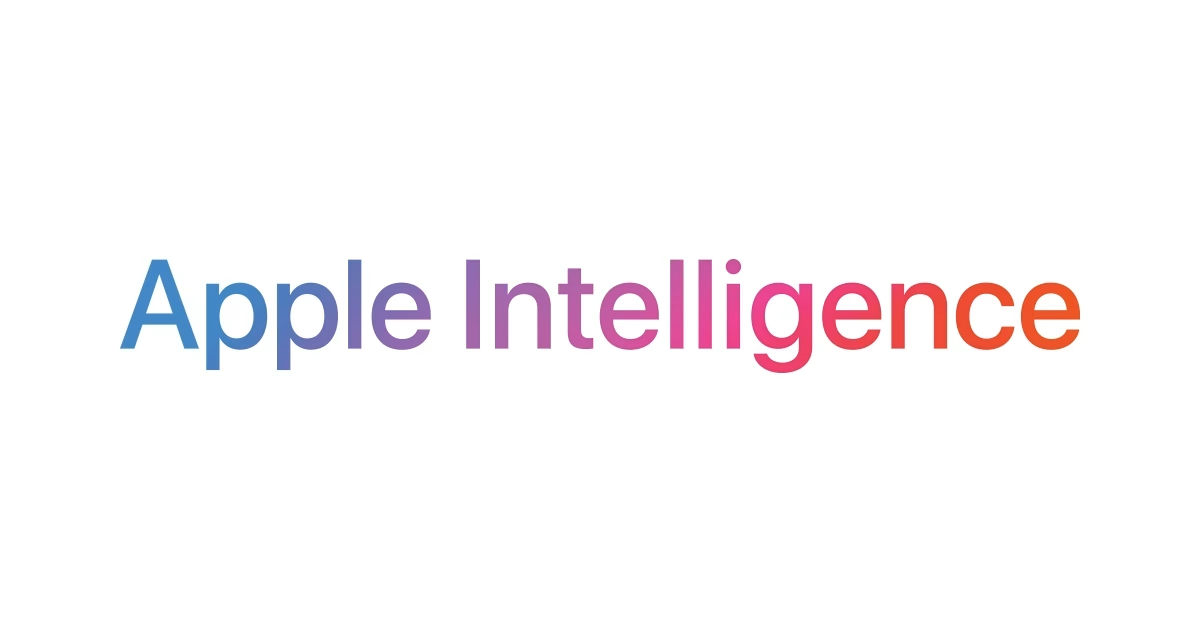Ming-Chi Kuo's Bold Suggestion: Can a Rebrand Revitalize Apple's AI Narrative?
It's always fascinating to watch the Apple rumor mill, especially when a prominent analyst like Ming-Chi Kuo weighs in. His latest suggestion, hot off the presses from PhoneArena just moments ago , has certainly piqued my interest: Apple might consider rebranding Siri and Apple Intelligence. Why? To, as he puts it, "shift focus away from AI missteps" . And honestly, it makes a lot of sense when you consider the current landscape.
The AI Conundrum Apple Faces
Let's be honest, Siri hasn't exactly been a shining beacon of AI prowess, has it? For years, it's been the butt of jokes, often struggling with basic commands or offering unhelpful responses. While competitors like Google Assistant and Amazon's Alexa have made significant strides in conversational AI and smart home integration, Siri has felt, well, a bit stagnant. It's a sentiment I've heard echoed countless times, and frankly, I've experienced it myself. My iPhone often understands me better when I type than when I speak to Siri.
This perception problem is compounded by recent developments. Apple has been under considerable pressure to demonstrate its capabilities in the rapidly evolving AI space . There have even been reports of delays in rolling out their much-anticipated 'Apple Intelligence' features . With the Worldwide Developers Conference (WWDC) 2025 right around the corner, the stakes couldn't be higher. This event is widely seen as a critical moment for Apple to showcase its AI advancements and prove it's not falling behind in the generative AI race . The general sentiment on platforms like X (formerly Twitter) reflects a mix of anticipation for WWDC, but also a healthy dose of skepticism about Apple's ability to truly catch up .
Kuo's Rebranding Proposal: A Strategic Pivot?
So, what exactly does Kuo mean by a "fresh identity" for Siri and Apple Intelligence ? It's more than just a new logo or a catchy slogan. This isn't just about changing the name on the box. It's about a complete narrative reset. Think of it like a sports team getting a new coach and a fresh jersey after a string of disappointing seasons. The hope is that a new identity can signal a fundamental shift in approach, a renewed commitment, and perhaps, a clean slate in the minds of consumers and investors.
A rebrand could allow Apple to distance itself from the historical baggage associated with Siri's past shortcomings. It's a way to say, "That was then, this is now." And with 'Apple Intelligence' being a relatively new term, giving it a distinct, perhaps more evocative name, could help differentiate it from the broader, sometimes confusing, landscape of AI offerings. It's a clever move, if they pull it off right.
Strategic Implications of a Fresh Identity
The potential impact of such a rebranding effort is significant. First and foremost, it could help mitigate the negative perceptions that have accumulated around Apple's AI capabilities. For too long, they've been criticized for lagging behind rivals like Google and Amazon. A fresh identity might signal to the market that Apple is taking a new, more aggressive approach to AI, potentially revitalizing interest and confidence in its products. It's about perception, yes, but perception often drives reality in the tech world.
Historically, Apple has shown a willingness to make significant changes in response to market pressures or to signal a new direction. Remember the transition from the iPhone 4 to the iPhone 5? That wasn't just an iterative update; it included significant design changes and a clear message of moving forward. Similarly, rebranding Siri and Apple Intelligence could be seen as a direct response to recent AI setbacks, aiming to reposition Apple in the fiercely competitive AI landscape. It's a bold play, but one that could pay dividends.
And let's not forget the global implications. Apple's AI rollout has faced delays in key markets like China, partly due to U.S.-China trade tensions . A global rebrand could offer a unified, fresh message across all markets, potentially helping to smooth over some of these regional challenges by presenting a renewed, confident face for Apple's AI ambitions.
The Road Ahead: WWDC 2025 and Beyond
All eyes are now firmly fixed on WWDC 2025. This is where Apple needs to deliver. Whether they choose to rebrand or not, the underlying technology and user experience of their AI offerings will be paramount. A new name is just window dressing if the core functionality doesn't impress. Will we see a truly intelligent, proactive Siri that anticipates our needs? Will 'Apple Intelligence' live up to its lofty name?
Kuo's suggestion, while timely and from a credible source , is just that: a suggestion. We'll have to wait and see if Apple takes this advice. But it certainly highlights the immense pressure Apple is under to redefine its AI narrative. It's not just about catching up; it's about leading, or at least appearing to lead, in a domain that's becoming increasingly central to the user experience. My gut tells me they've got something big planned, but a name change alone won't be enough. It's got to be backed by substance.
Ultimately, the success of any rebranding effort will hinge on the actual improvements Apple delivers. A fresh identity can open the door, but only genuinely innovative and useful AI features will keep it open. The next few months are going to be fascinating for Apple watchers, and I, for one, am eager to see what they unveil.
